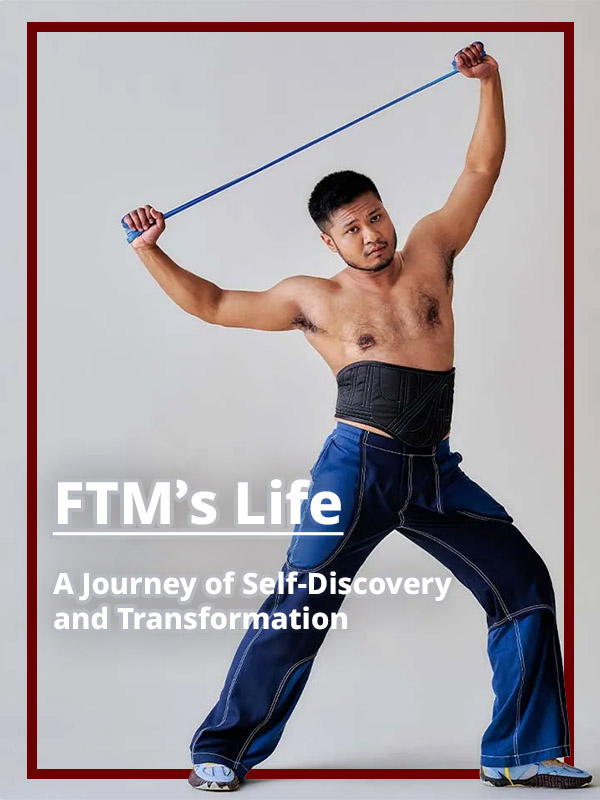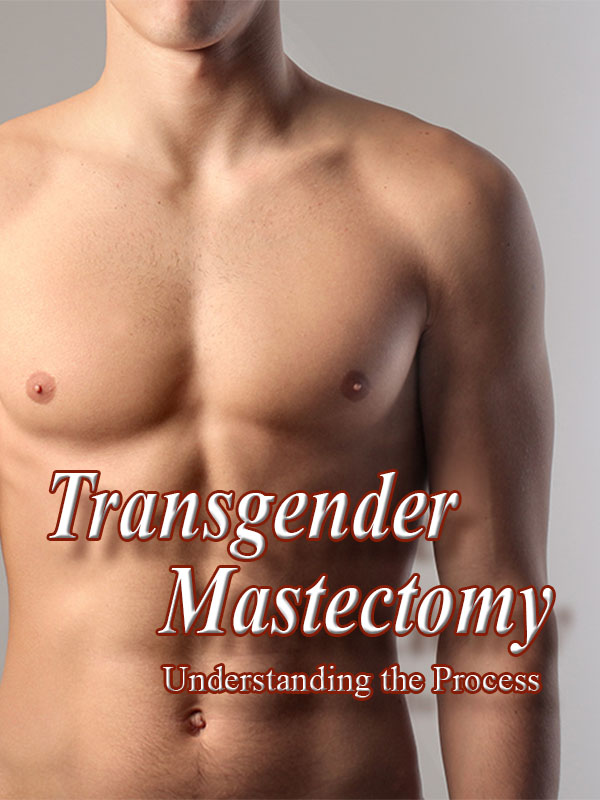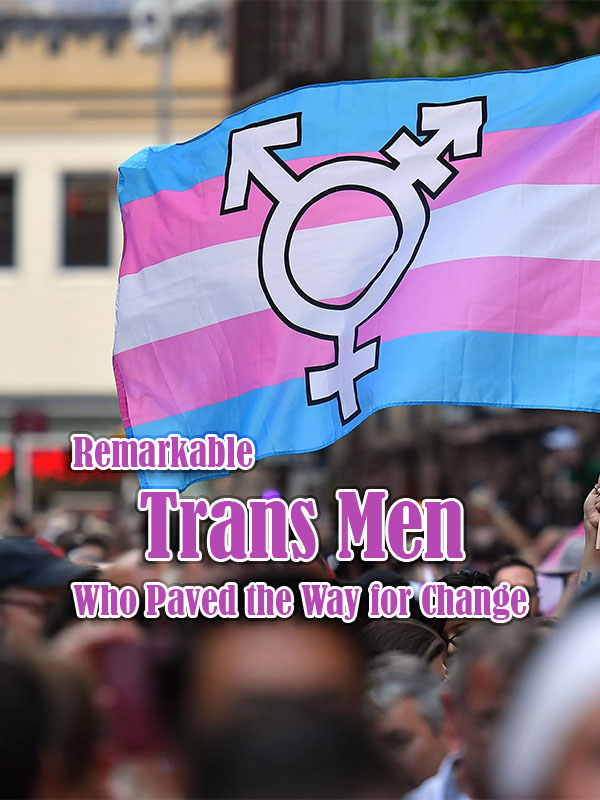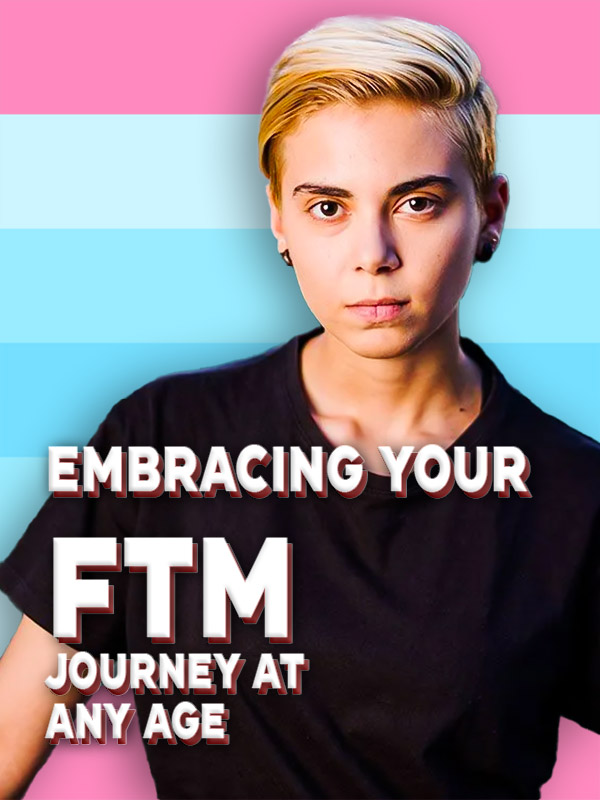Does Transitioning Improve Happiness for Trans People?
They say happiness is a butterfly. But do you know that Trans people feel more content after transitioning? What makes transitioning a joyous feeling? It is not just butterflies. You need to know the facts.
A Trans man can feel happy after changing one’s name. Now, you can enjoy your true identity. It can be exciting to match your identity. You can use puberty blockers for a masculine appearance to feel happy.

Hence, the question remains whether changing one’s gender improves happiness for Trans people. Or is it just a fad? Why do some regret it? The questions are endless.
This article uses scientific and personal testimony. The aim is to explain that transitioning improves happiness for trans people. Dive in and understand the relationship between transitioning and a happy life.
Research Findings on Post-Transition Happiness
A Transgender experiment was performed in the year 2022. The experiment included Trans people in the United States. The experiment wanted to understand how changing gender identity affects happiness.

The experiment shows that most Trans people felt much more satisfied with life. Also, more Trans people felt happier. As a result, 94% reported increased joy after Transition.
Another study also proves that changing your identity makes Trans people happier. This experiment used 500 Trans adults. The study aimed to prove that happiness comes from transitioning. The questions included Trans childhood, family, and other life experiences.
The study revealed that most Trans people experience more joy. This makes them experience life more positively. Close to half of Trans people feel a lot more satisfied.
The experiment also showed that some participants felt regret. The study explains that this regret stems from ongoing Discrimination.
These experiences show that transitioning is essential for many Trans people. Having a new name or new body means a lot to Trans people. It also leads to authenticity and confidence. Also, bodily comfort in one’s identity is a source of happiness.

The nature of transition can also cause regret or happiness. Additionally, community acceptance is still a big deal for many Trans people.
Personal Experiences and Testimonials
Some themes in testimonies about transition happiness and fulfillment include;
1. Authenticity
Authenticity makes Trans people happy. Jamie Louise suffered for 50 years with pain. She now states that Transition saved her life. She struggled with unbearable gender dysphoria and depression. As a result, she would not let her live her authentic self.
2. Comfort
The comfort of the body and the mind makes transgender happy. Paula Kyle states that she can be the girl she wants to be. The comfort makes one truly happy upon transitioning. Enigma Poj states that she has no regrets since transitioning 4 years ago.

3. Joy and Life Satisfaction
”the joy on my friend’s face when she described how her husband could do the deed” -River D’antes states.
This is a testimony for after transitioning. The joy of being able to enjoy coitus with one’s partner. This is after transitioning, and it is truly a gift to Dantes.
4. Confidence
Transitioning brings about confidence. You can align with your most authentic identity. Kyle states that transitioning helped her ”filter out.” These include those who couldn’t help her couldn’t with this.

5. Challenges Faced
Some challenges that Trans people face after transitioning include the following.
Social unacceptance
The truth is that people may still choose to overlook you. It can occur in school, at work, or in your territory. You may still feel alone. Noah Wissnger writes how, even after transitioning, her depression stayed. Transitioning did not magically fix her issues.
Medical complications
Cases of surgical complications such as bleeding can occur. These complications can prevent one from attaining happiness after the transition.
Factors Influencing Post-Transition Happiness
The following factors affect post-transition Happiness;
1. Social Support

● Motivation and Encouragement
Supportive family and friends understand your gender needs. These are the ones likely to be your motivators. A simple ”you are enough” is encouragement. This leads to happiness in general.
● A Sense of Belonging
Friends and family provide a sense of belonging to the community. Your healthy friends and family will tell you that regardless of your transition outcomes, they will be there for you. Feeling accepted is part of life satisfaction. This, in turn, brings you happiness.
● Impact of Supportive Versus Non-supportive Environments
People thrive in healthy and supportive environments. After transition, you will need a supportive environment. It will offer you community acceptance and encouragement. It will encourage you to live to your authentic self as a Trans.
A non-supportive environment is discriminatory against Trans people. This may hinder your happiness. Aspects such as negative judgment can affect your mental health.
2. Access to Quality Healthcare
Quality healthcare refers to safety and quality when transitioning. Quality care will;
Reduce your gender dysphoria. You will accept your body after Transition. Your surgeon who knows what works best for you.

Reduce surgical mistakes. For instance, there are cases where you can have another surgery. This is for those who do not like their new bodies.
Involve your correct proper pronoun in medical care. Hearing staff misuse one’s pronouns can be hurtful.
Barriers to quality medical healthcare include;
● Discrimination on Gender Identity
Discrimination causes the ”shame and’ blame” game. An example is being told you are not a ”real man.”’ You may ‘not be treated medically as a man. A nurse may not take time to check you. This is Discrimination.
● Anti-Trans Medical Care Laws
Some laws prevent transitioning for adults and minors. This can be challenging for you to deal with. For instance, anti-puberty blocker laws can prevent your healthcare needs.
● Few Gender-Affirming Healthcare Providers
Specific healthcare providers are for Trans people. They should have adequate knowledge of Transgender medicine.
3. Social Acceptance
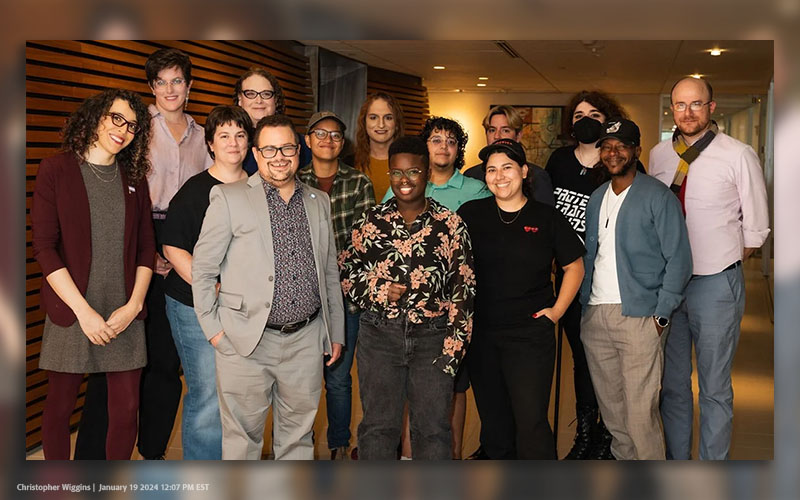
If you are not accepted, you will have;
● Lowered Self-Esteem
Not being welcome in social places lowers one’s self-esteem. You question if you truly matter. Of course you do. But the people around you should accept you as you are. Otherwise, you may feel like something is wrong with you, even if that is not true.
● Mental health problems
Discrimination causes anxiety and depression. This may lead to isolation. You may, as a result, struggle with your mental health.
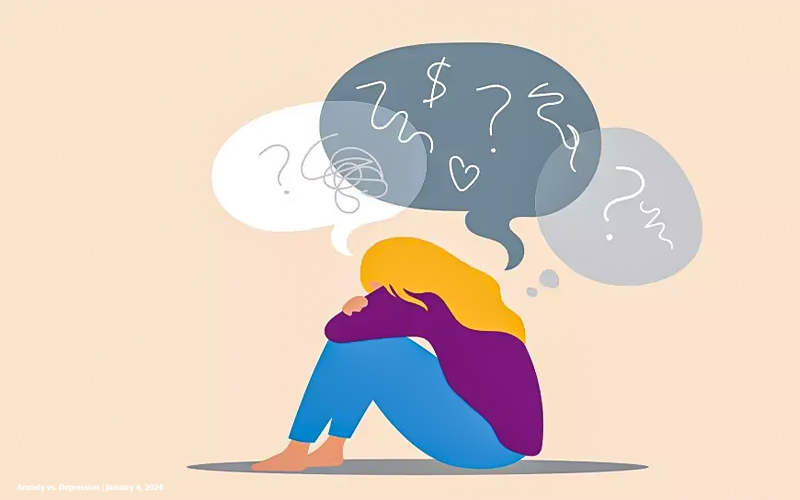
Prevention efforts and societal education;
You should ensure that your doctor or nurse is qualified for transition such as surgery. It will help empower and educate Trans health workers in the future.
Fighting biases and social barriers about transgender transition challenges is essential. It is crucial to understand how aspects such as fear or stigma cause these biases.
Understand how anti-Trans policies affect your access to education. Later, social resources are essential in preventing ignorant laws.
4. Mental Health Services
Did you know that Trans people suffer from psychological issues? These include anxiety and depression. Therapists use behavioral therapy as a solution. This helps Trans men to accept and live with adverse transition outcomes.
Challenges and Consideration
These include regret and lack of Support.
1. Regret
Not everyone experiences happiness after transitioning. Twenty-seven experiments were done to explain happiness in Transgender patients. Findings reveal that few people feel regret after gender changes.

For the few who experience regret after transition it is due to the following;
● Lack of Support
It includes failure to receive Support from the community. Examples include people who are not happy for you. Or when they do not show empathy. Family environments should provide social acceptance in the form of relationships.
● Surgical Outcomes
The failure of the surgery to achieve the desired goals can cause regret. One such issue is the loss of clitorial sensation. Others, such as severe abdominal pain after surgery, may also lead to regret.
2. Discrimination
Employment is an integral part of a good life. However, it found that more trans people live in poverty and are unemployed. Trans people experience discrimination in hiring and recruitment. Others report resigning or losing jobs. Others face being laid off due to gender expression and identity.

● Housing
Your home is like your happy place. But do you know that Trans people are more likely to be homeless?
Trans people experience homelessness in life. Without a proper roof over your head, you risk harm. This can harm your physical and mental well-being.
● Health
Did you know that Trans people are more likely to experience isolation in hospitals? Yes, most states experience bias. Cases of incorrect pronoun usage and abusive language cause regret. Other physical and verbal abuse during treatment in healthcare for Trans people is also common.
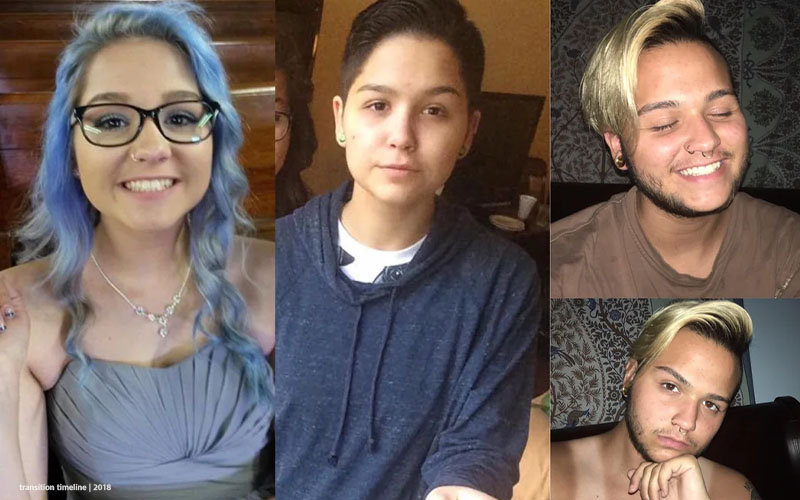
The discrimination may cause;
Isolation
As data states, many Trans people developed a fear of mistreatment at the hands of doctors. In other words, when a doctor treats you unfairly because you are Trans, you may never go back to that hospital for treatment. This is likely to impact a trans person’s levels of happiness.
Lowered Life Satisfaction
You feel unhappy when you can’t see a doctor when you need to. You feel as though your life does not mean anything. As a result, you may feel no joy in living your life. This leads to low self-esteem. Discrimination affects overall happiness as it diminishes your quality of life overall.
3. Mental Health
Trans men have been reported to suffer from pre-existing health conditions. These include anxiety and depression. There can be societal pressure to exist as someone other than yourself. This can lead to mental health issues.

Trans people should have medical health care. Quality mental health checks are crucial. This will help to determine which disorders to treat effectively. Focus on treating each mental health issue separately.
Conclusion
Transition is essential to Trans identity, growth, and authentic living. Important enough is that it brings true happiness to Trans people. Gaining bodily confidence and feeling joy after transitioning is heartwarming.
In this way, you can embrace your authentic self. While many report happiness, others feel regret. Regret due to discrimination. Discrimination can be devastating for anyone. In any event, as many who Transition enjoy the joy of being Trans, advocacy, research, and continued Support must be given to Trans people.

 Basic Packers
Basic Packers Pack & Play
Pack & Play STP
STP